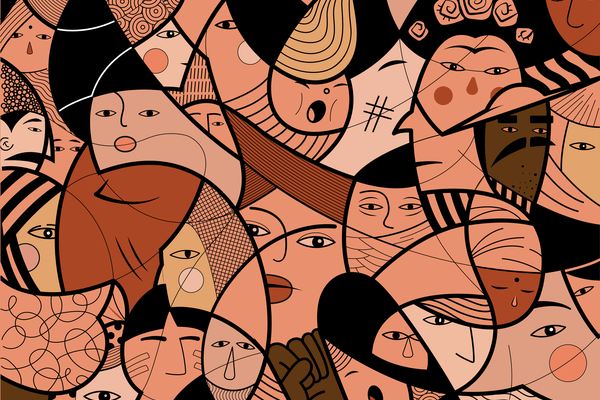Jul 1, 2021
Religion can be a source of resilience and strength for individual refugees as well as the refugee community as a whole. Mosques, temples, and other sites of worship and ritual practice foster rich social networks, generous mutual aid, and meaningful forms of spiritual and cultural connection. Religious institutions, long recognized as pillars of ethnic community life, are especially vital for refugees who have experienced the traumas of war, forced migration, and resettlement.
Read the Full Article

Already a subscriber? Login
